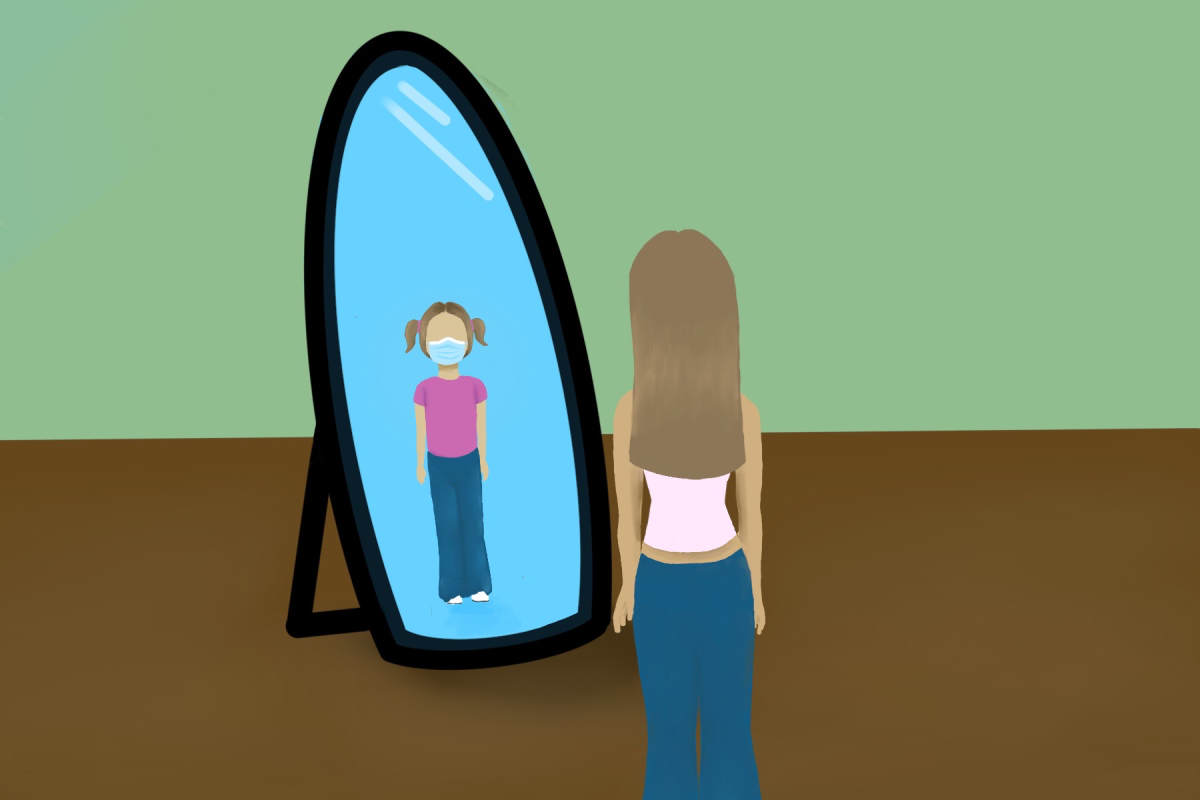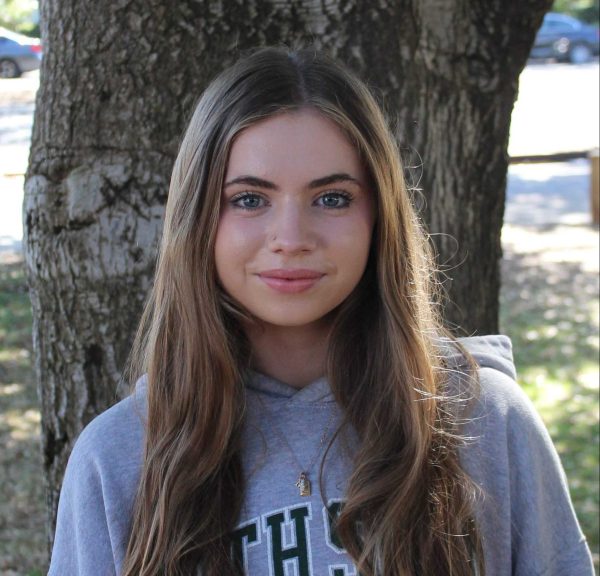On Friday, March 13, 2020, President Donald Trump declared a national emergency concerning the coronavirus disease, shutting down all schools for two weeks—or so the world thought.
Word spread online through global news stations that a highly contagious virus was sweeping the nation. Most students took home their notebooks and celebrated a brief vacation full of video games and sleeping in. Sports teams postponed practices and rescheduled games. However, it quickly became clear that COVID-19 would do more than momentarily pause everyone’s lives.
Some people’s lives were permanently altered due to COVID-19 shutdowns. For Camilla Rossi, who was part of the class of 2020 at San Marin, this meant that her senior year wasn’t filled with the typical landmarks.
“For me, I feel like I lost a pretty big chunk of my time,” Rossi said. “I feel like in high school, you think of all these big milestone moments and it all leads up and culminates to your senior year, like prom and graduation and everything. And I lost all that.”
For almost two years people spent their lives inside their house and wore masks to enter any public facility. Each year, 2020 gets further and further away. But why doesn’t it feel that way? For many people, the pandemic caused time to warp in strange ways, making it feel like the pandemic was both yesterday and a decade ago.
Pavan Madan, a psychiatrist based in Davis, California explained to VeryWellMind that the more new experiences one has, the more likely they are to feel like time is moving slower. However, during COVID-19 many people stayed inside for long periods of time and lived the same day over and over again. The repetitive days caused increased memory changes.
“The more emotions a situation generates, the more we remember it,” Madan said.
Since many did not leave home, he says humans sustained fewer ranges of emotions, which reduced the unique experiences stored in our memories. The warped perception of time can cause people to feel as though time has been accelerated.
“I feel like it’s going by really fast. I feel like I’m losing track of time, all the time,” senior Mia Cabrera said.
Senior Ben Tyler feels that distractions at the time were able to take off some of the weight of being in isolation.
“ I feel like it [COVID-19] was way shorter than it actually was. I have a hard time remembering when we came back to school or stopped wearing masks,” Tyler said. “I felt like we had other distractions from it, so when we did return back it felt like time flew incredibly fast.”
COVID’s disruption can make others feel like they are still stuck in 2020.
“A lot of the time it just feels like I completely skipped that part of my life because none of it felt real. Sometimes it feels like I’m stuck there,” Rossi said. “Being here [in Novato], I feel like I’m constantly stuck in the past.”







































